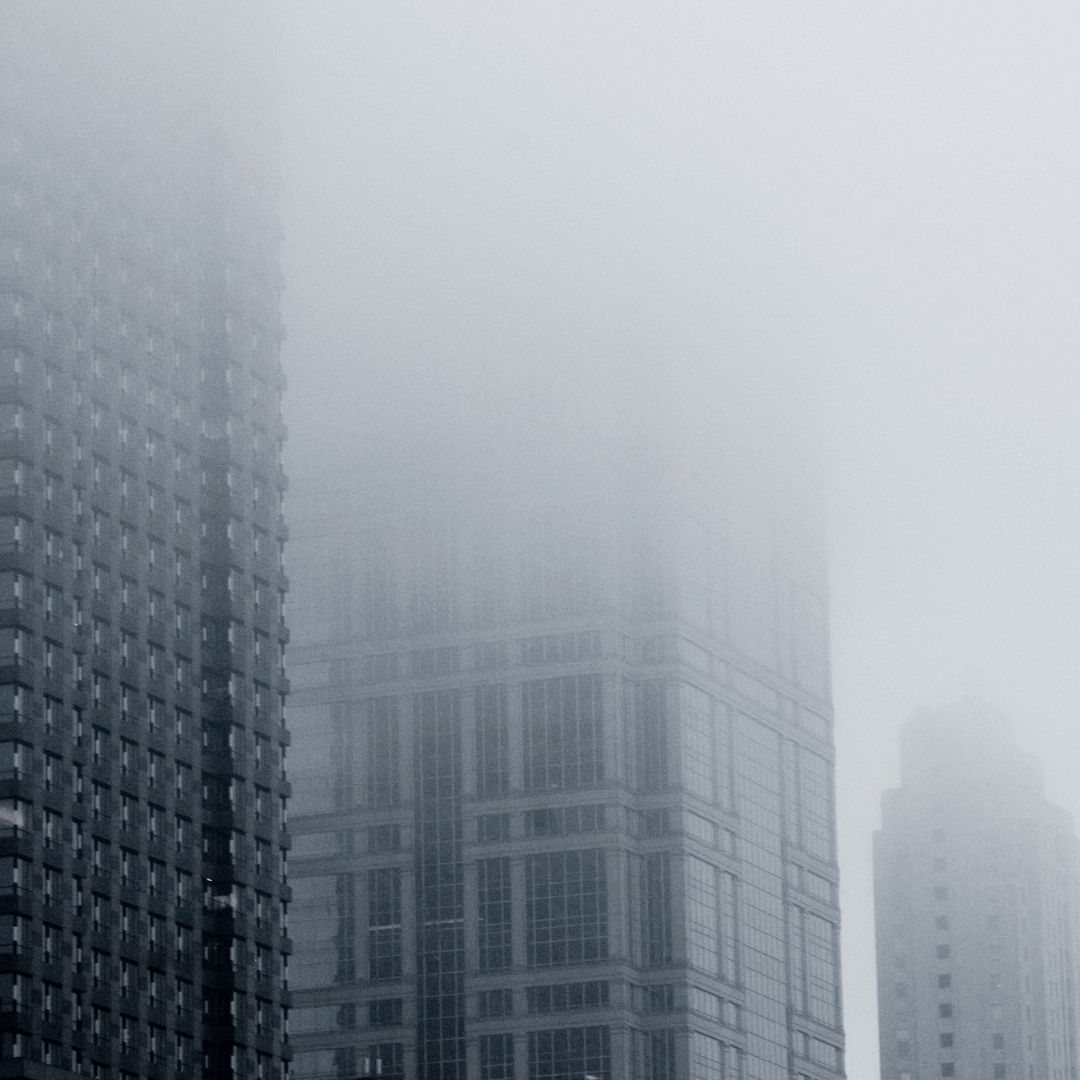
20 Tips to Protect You During the Next Wildfire Season
As much as we love our beautiful Manitoba summer days, they can become dangerous when the air fills with smoke from forest fires. It is hard to believe that smoke can travel hundreds, even thousands, of kilometers and still be a risk to our health, but in recent years we have experienced it many times.
Wildfire smoke can be annoying, but it can also create health emergencies. The smoke particles make it harder for your lungs to get oxygen into your blood. Additionally, the smoke particles in your lungs can be irritating and can cause inflammation.
People respond differently to the smoke depending on factors like their age and health status. Folks with respiratory conditions (like asthma and COPD), the young and the elderly, pregnant people and anyone with pre-existing health conditions are at higher risk. People who work outdoors, and those who don’t have access to air conditioning, are also at greater risk. Fortunately, we’ve got tips for everyone on how to manage the dangers.
Before smoke arrives:
- Become familiar with the Air Quality Health Index. It is an indicator of the air quality in your city and helps you determine your risk. Here is the link for Winnipeg, and from there you can navigate to other Canadian cities as well: https://weather.gc.ca/airquality/pages/mbaq-001_e.html
- Consider the purchase of a certified HEPA air purifier to improve the air quality in your home and keep replacement filters on hand.
- Determine if there is one room in your home that you can close off to outside air and keep the air purifier in that room. Make sure windows and doors can be securely closed.
- Keep 3 to 5 days of supplies on hand (including medication, like inhalers) so you can limit your trips outside.
- Change the air filters on your air conditioner and furnace according to the manufacturer’s recommendations and keep replacement filters on hand.
When the smoke arrives:
- Listen to your body! If you are experiencing symptoms, pay attention to how you are reacting to the smoke. Don’t just push through it; take whatever actions you can to keep yourself well.
- Limit your time outside, especially time spent doing strenuous activity. Move your physical activity inside.
- If you must be outside, use strategies to stay cool such as staying in the shade, staying hydrated, using cool packs, and reducing your level of exertion. Try to avoid exercises that make you sweat or breathe heavily.
- Try wearing a mask when you go outside; as we learned with COVID-19, the best protection comes from a properly fitted N95 mask, but most masks will provide some protection against the microscopic smoke particles.
- Drink more water than usual; it helps your body deal with the smoke.
- Limit actions that reduce indoor air quality: these include indoor smoking, burning candles or incense, frying or broiling foods, vacuuming, using wood stoves, using products in aerosol cans, and using cleaning products or paints that emit high levels of volatile organic compounds (VOCs).
- Limit the use of exhaust fans in kitchens and bathrooms, and keep windows closed.
- If possible, have the settings on your heating and air conditioning systems set to “recirculation”, to limit the intake of smoky air. Try to keep the humidity levels low (below 50%).
- Keep car windows closed, with air handling on “recirculate”.
- Keep an eye on pets; seek help from a veterinarian if they show signs of trouble breathing, fatigue, weakness, or loss of appetite or thirst.
- Check in frequently with children, the elderly, and anyone who might not realize the impact of smoke on their health.
- Keep an eye on the Air Quality Health Index; sometimes there can be periods of reduced smokiness – use that time to air out your house.
- Pay attention to notices from the City of Winnipeg, health advisories, and Environment Canada.
- If you don’t have good air quality at home, give yourself breaks by going to places like libraries and shopping malls.
- Consider evacuation if the impacts become too much for you to handle.
The United Nations believes that wildfires are linked to climate change and land use changes, and it predicts that wildfires will continue to become more common and more intense. As we work to address those issues globally, Manitobans are wise to prepare for air quality challenges each summer.
References and Further Reading:
https://winnipeg.ca/emergencypreparedness/hazards/air-quality.stm
https://www.cdc.gov/disasters/wildfires/duringfire.html


